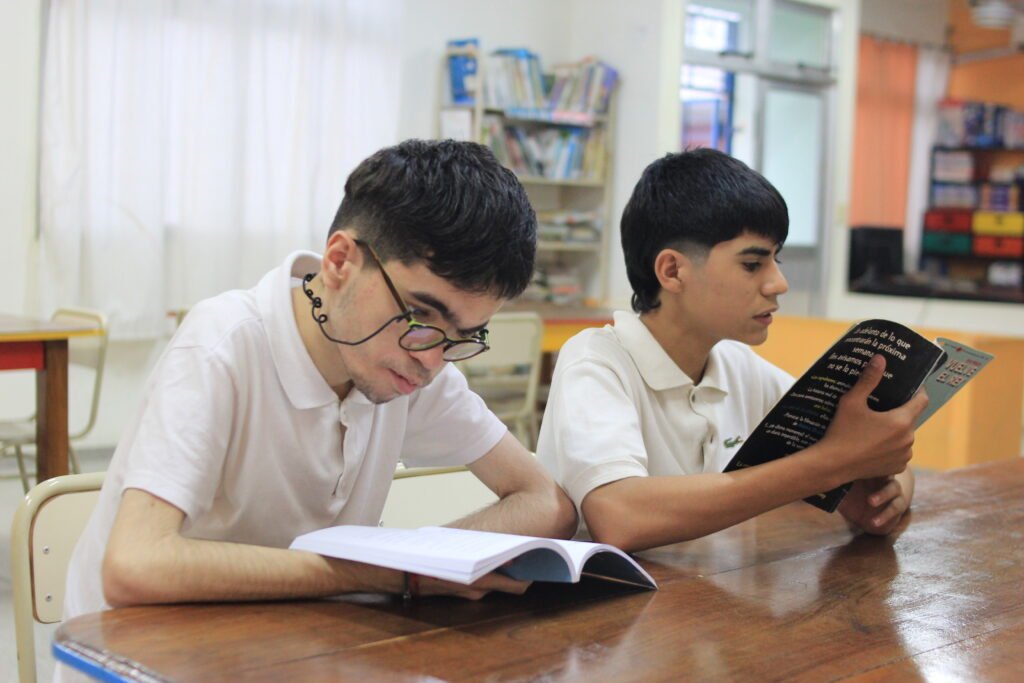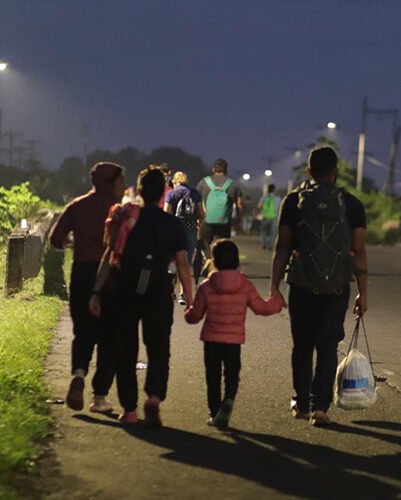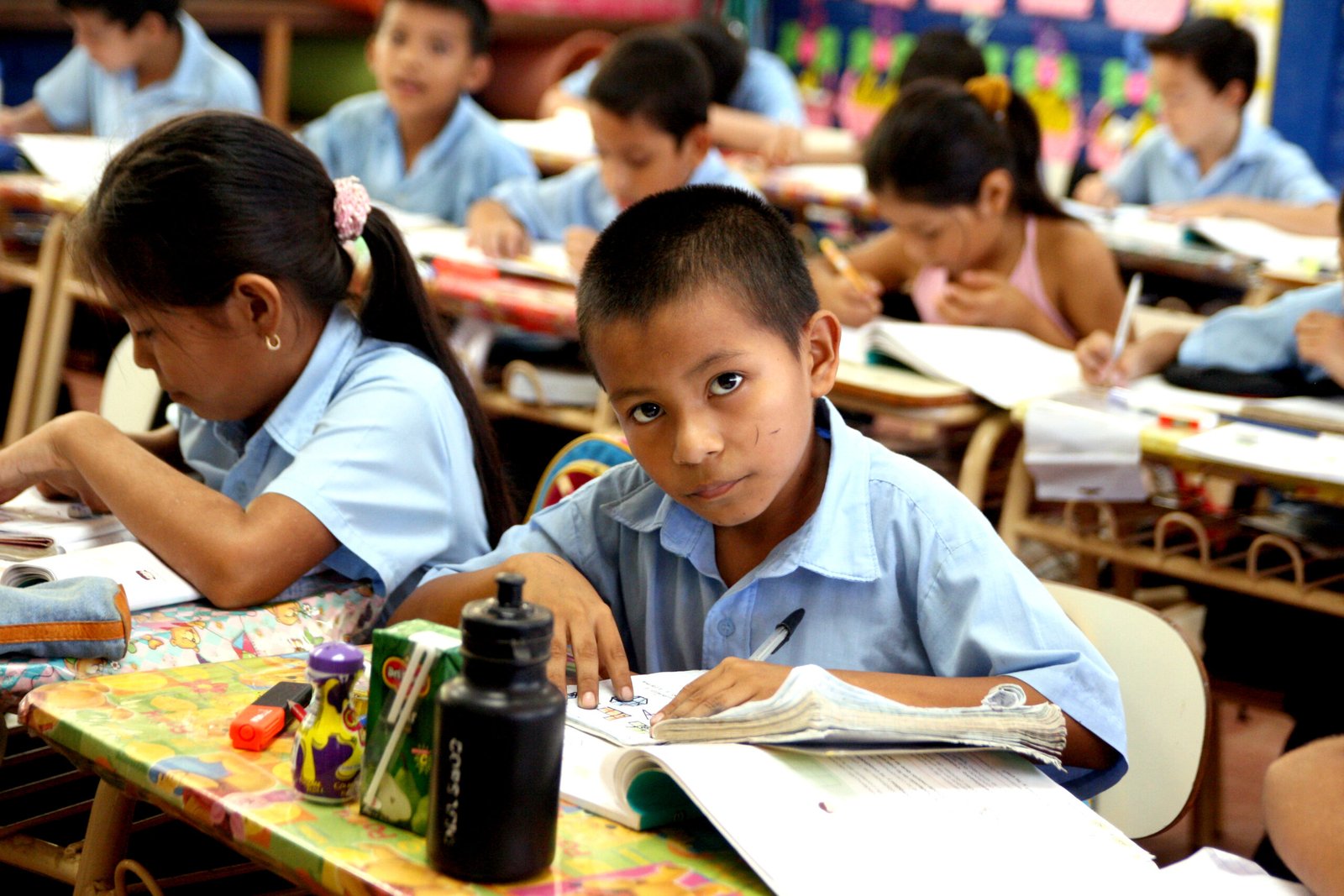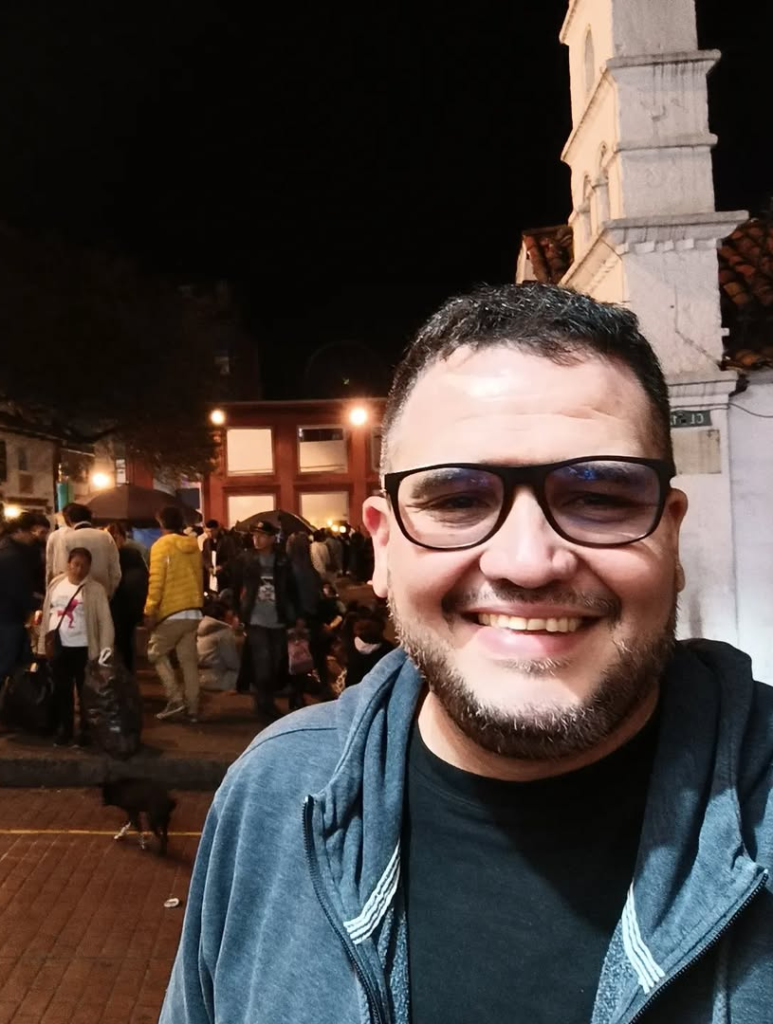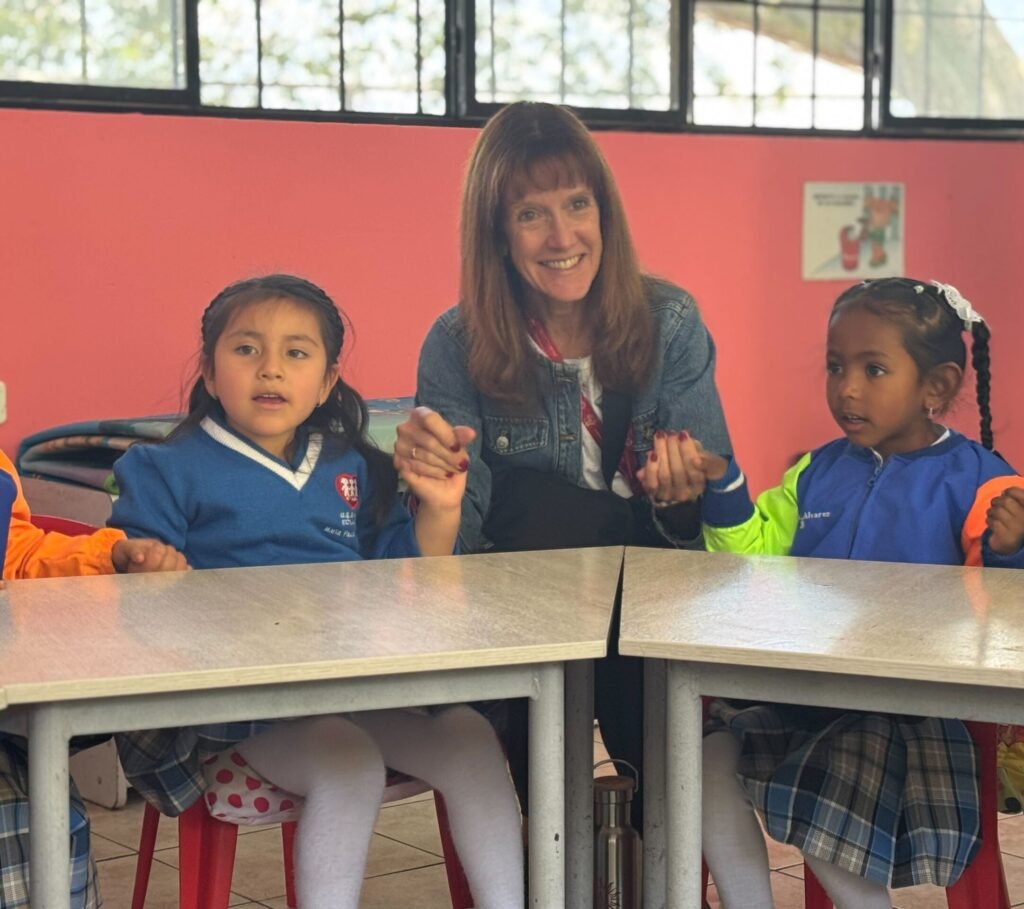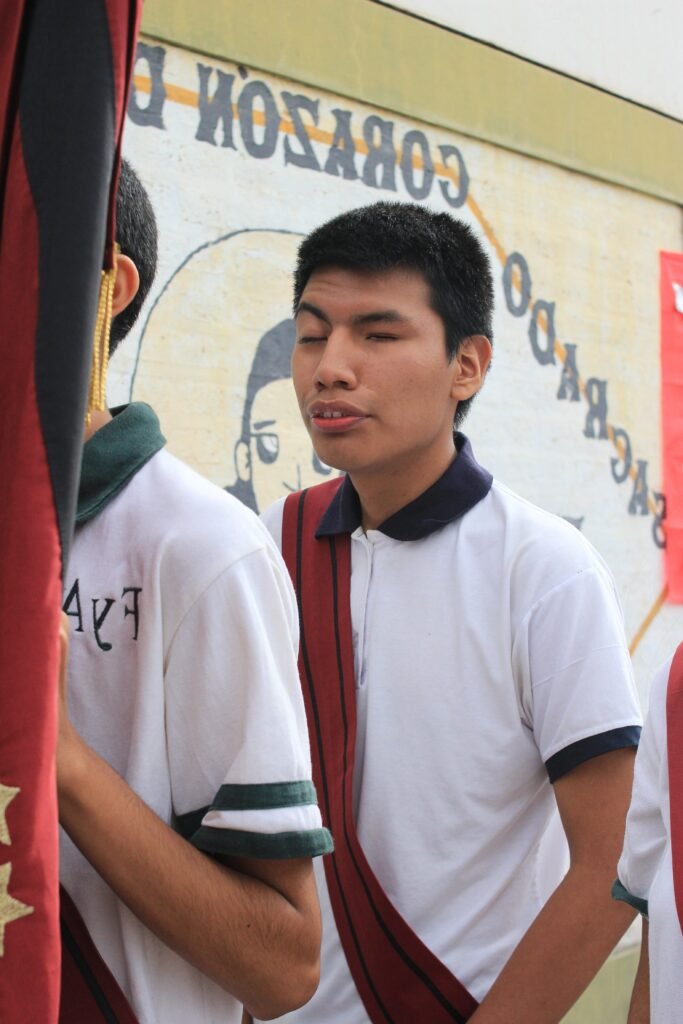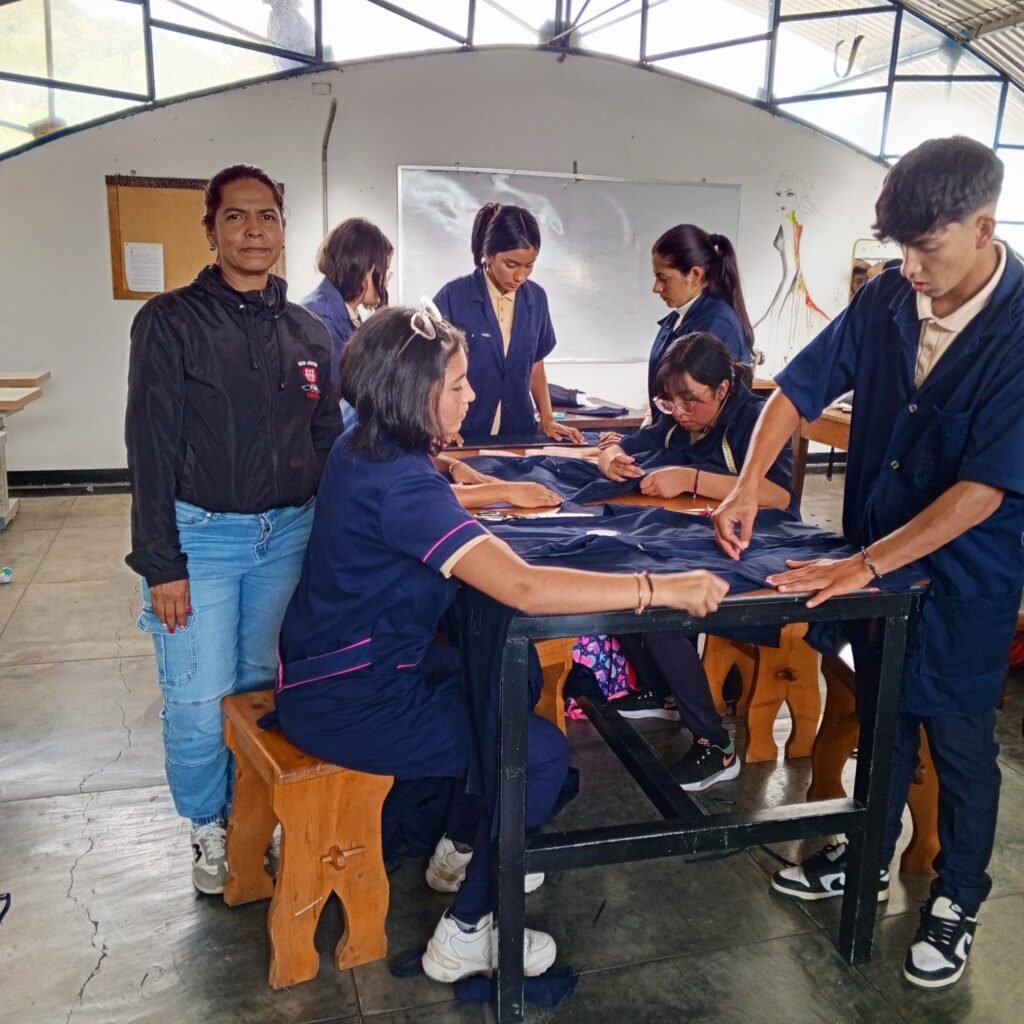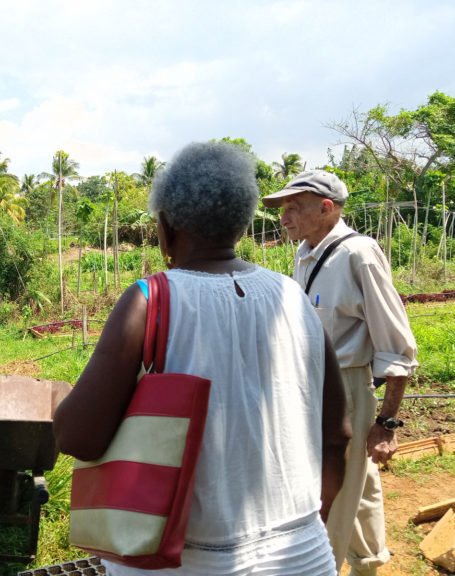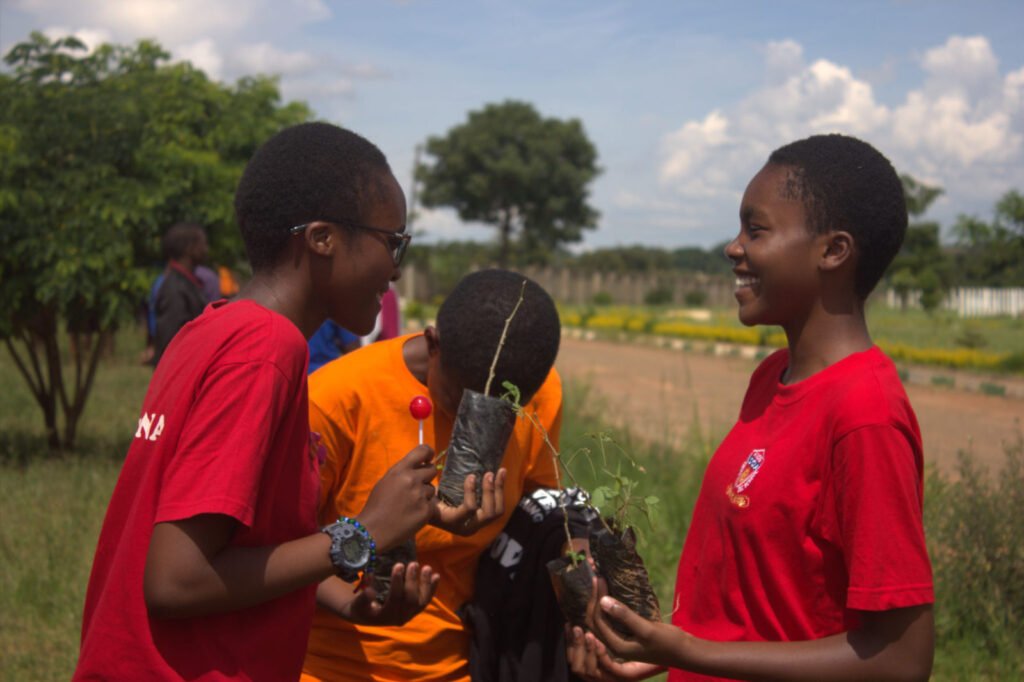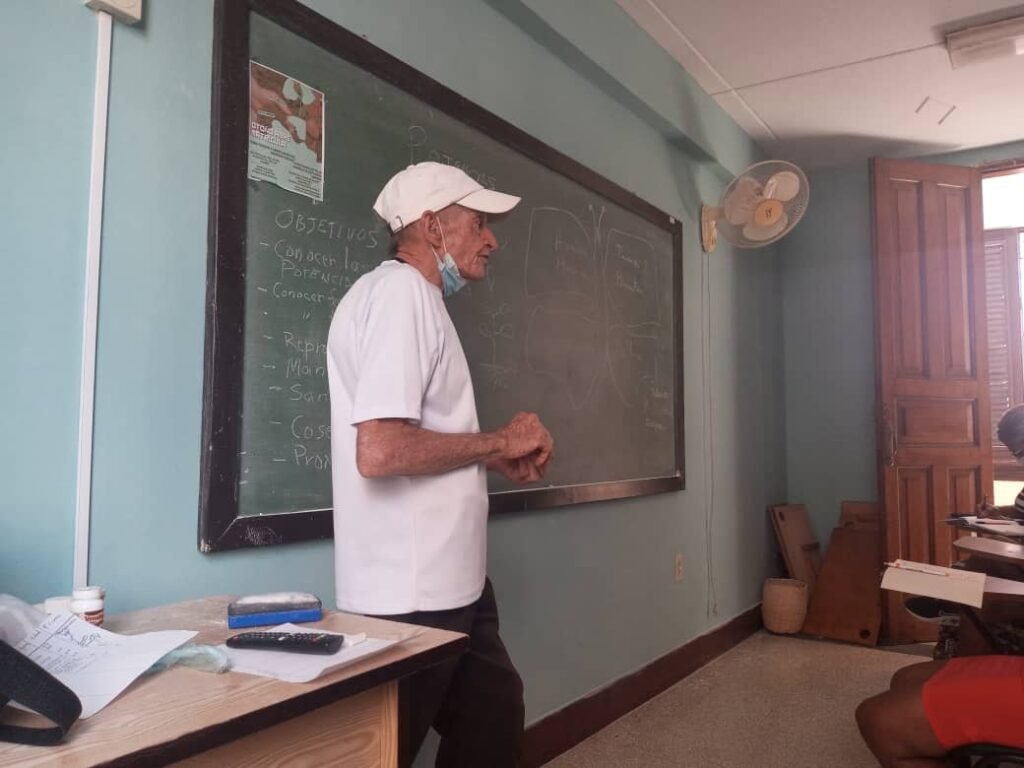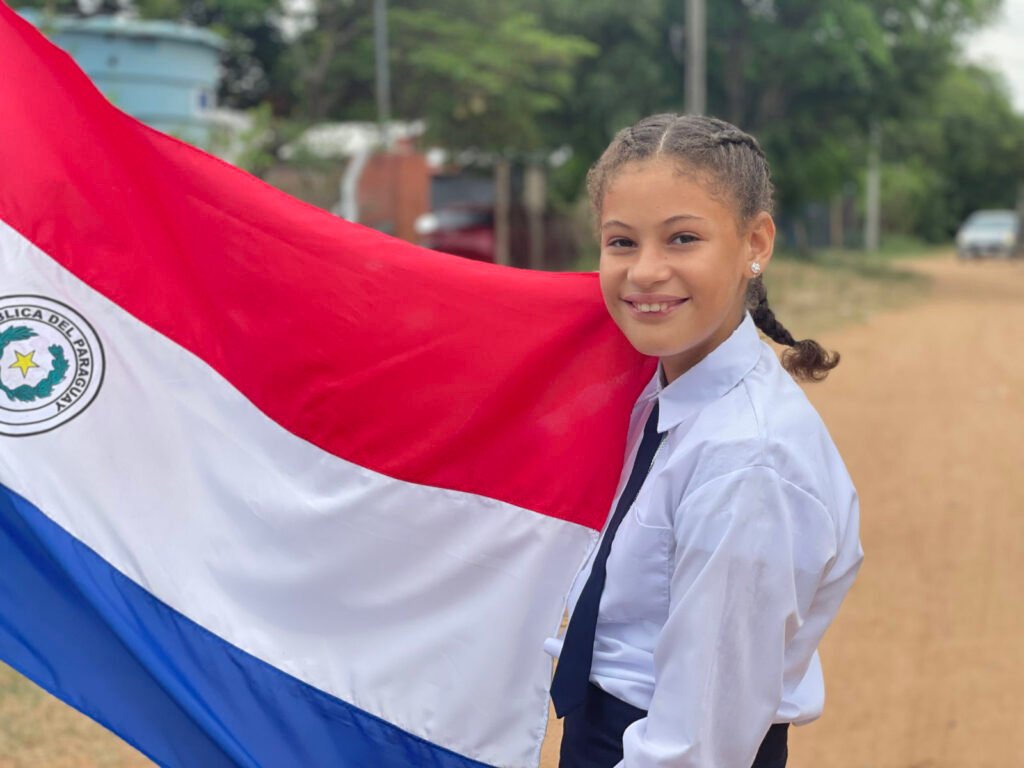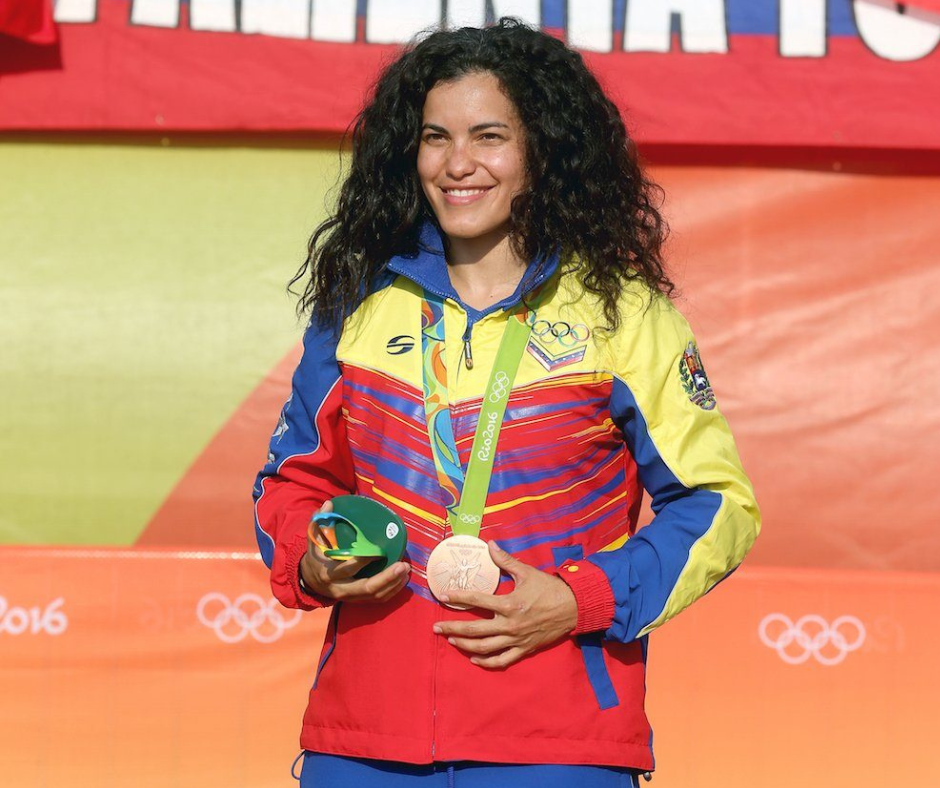In recent years, inclusive education as a concept has become one of the fundamental processes within Fe y Alegría‘s educational proposal in Argentina. Inclusive education is based on the conviction that all people have equal rights and in order to exercise rights with equality, we require equity.
As far as access to the right to education is concerned, all students must have guaranteed access to quality inclusive education in which lifelong learning opportunities are promoted. This vision is laid out clearly proposed by the United Nations in objective Number 4 of the 2030 Agenda for Sustainable Development.

When we refer to inclusive education we are referring to education where differences are accepted and valued; we are envisioning schools that enhance the development of everyone, for everyone. Inclusive education is not only about the access of students with disabilities to regular schools, but also about eliminating or minimizing barriers that limit learning and participation of all students.
Curricular offerings, school management, learning strategies used in the classroom, and teacher expectations are all factors that can favor or hinder student development. Along with many other factors, these impact the student’s ability to learn and their participation in the educational process.
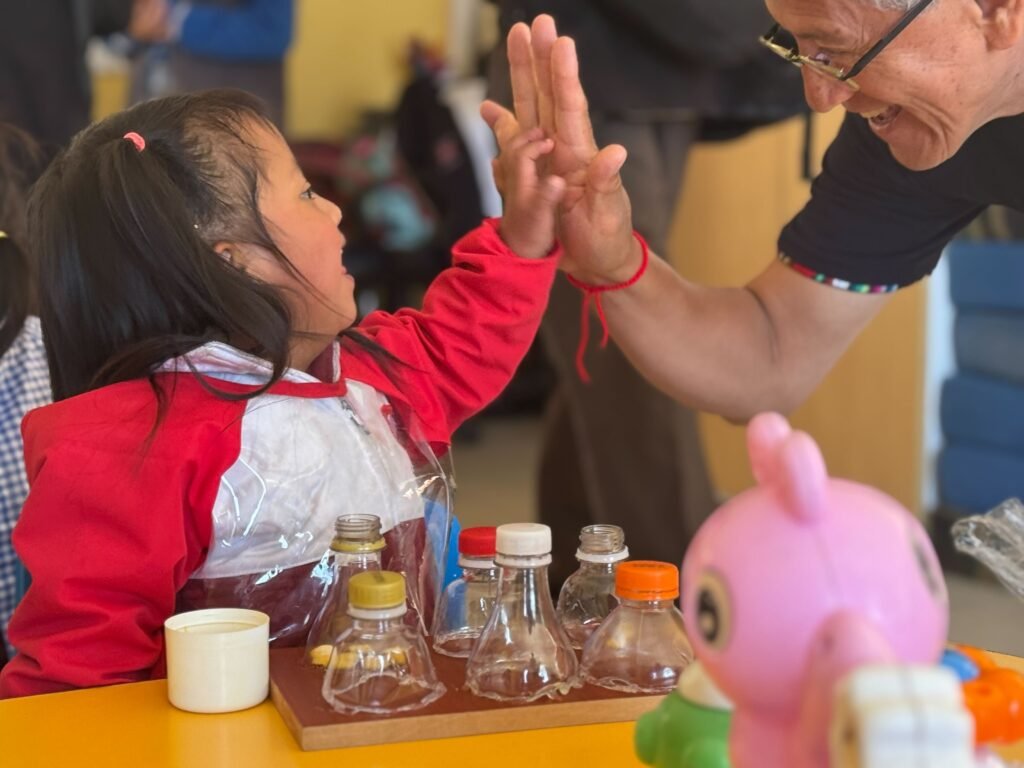
On the other hand, if the school itself can generate difficulties, it is also in its power to avoid them. Our schools have a fundamental role to play in preventing differences of any kind from contributing to educational inequalities. We know that these challenges contribute to deepening social inequalities, producing a vicious circle that is difficult to break.
Inclusive schools represent a favorable framework to ensure equal opportunities and full participation, contribute to a more personalized education, foster collaboration among all members of the school community, and constitute an essential step towards more inclusive and democratic societies.
Inclusive Education in Fe y Alegría
To speak of inclusion in Fe y Alegría is to promote, provoke, and engage with a shared desire. We seek to minimize the possible barriers that cause situations of exclusion and restrict an individual’s opportunity for a full and dignified life according to their potentials and not their weaknesses. Attention to diversity is not a sort of welfare.
This desire calls us to mobilize, to be concerned, to respond from our individuality to generate collective changes, starting with the inclusion of people with functional diversity (disability). We do so by building on the fact that the limitation of an individual does not come from their particular condition, but from the lack of opportunities that become a barrier to their autonomy, social participation, and sense of belonging to the broader community.
The purpose of inclusive education in our Movement is to allow the educational community of our centers to feel comfortable with diversity. We want to perceive it not as a problem, but as a challenge and an opportunity to enrich the entire learning environment.

About the Author
Fernando Anderlic is the Director of Fe y Alegría Argentina and a member of the American Jesuits International Board of Directors. With more than 10 years of experience in the educational and social sector, he is passionate about inclusive and transformative education, which empowers people and communities to be protagonists of their own development and a future with greater opportunities.
